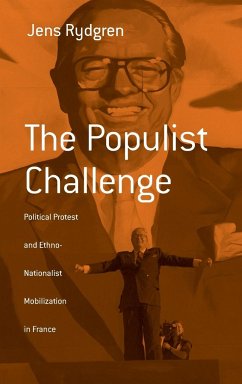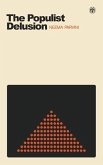During the last decade and a half a new political party family, the extreme Right-wing populist (ERP) parties, has established itself in a variety of West European democracies. These parties represent a monist politics based on ethnic nationalism and xenophobia as well as an opposition against the 'political establishment'. Being the prototypic ERP party, the French Front National (FN) has been a model for ERP parties emerging elsewhere in Western Europe. This study presents a theoretically based explanation that combines the macro and the micro-level, as well as the political supply and the demand-side. More specifically, this study shows that it is necessary to consider both opportunity structures, created by demand and supply-side factors, as well as the ability of the FN to take advantage of the available opportunities. Of particular interest is the author's analysis of the sociology and attitudes of the FN-voters.








